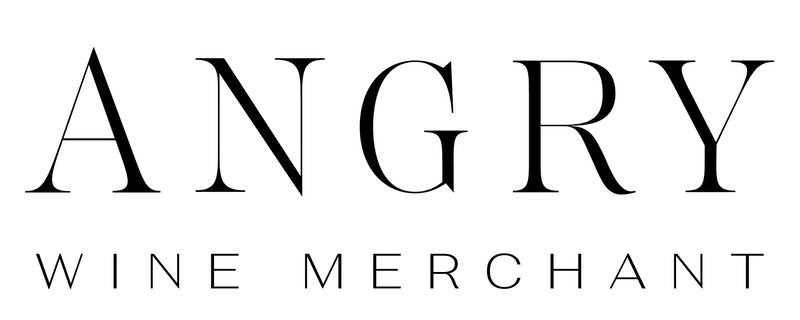- CRITICAL REVIEWS
- WINEMAKER NOTES
Robert Parker Wine Advocate
Vinous
2017 Chateau d'Yquem, Sauternes, France
Viticulture: Fertilizer is exclusively organic and used sparingly; only 20 hectares are fertilized per year. This compost maintains the soil’s natural equilibrium while keeping it from becoming too rich or fertile, as this would prevent the vines from producing wines of character. Chemical weed killers are never used. The soil undergoes regular cycles of manual work: earthing up twice a year, unearthing twice a year, and countless other vineyard operations. The vines are severely pruned in early winter to limit yields and encourage maximum ripeness.
Harvest: Château d’Yquem’s goal is to obtain musts with 20° potential alcohol (360 grams of sugar per liter). It is a daring gamble to obtain such concentration naturally, implying a long wait with the very real risk that the entire harvest may be lost as winter approaches. An increase from 18 to 20° alcohol decreases the volume of juice by an average of 50%. This largely accounts for Yquem’s extraordinarily low yields (9 hectoliters per hectare on average).
Vinification: It takes no more than 1 hour for grapes picked at Château d’Yquem to arrive at the cellar. Pressing takes into account the texture and fragility of the fruit. The grapes are pressed 3 or 4 times at Yquem. As opposed to other white wines, the sugar content and quality increase with each pressing.
Aging: Wine made from grapes picked on the same day is aged separately for 6 to 8 months. A preliminary blend is made from selected batches in the spring following the harvest. After taste tests and laboratory analyses, wines not up to the château’s strict standards are set aside. The barrels that have been retained are then moved to the aging cellar where they will stay for 20 months. Every barrel is topped up twice a week. This consists of adding wine to fill up the airspace created by evaporation at the top of the barrel. Furthermore, every barrel is racked 15 times to remove heavy lees. Light sediment in suspension is removed by a process called fining. The rigorous selection process continues in the cellar. Towards the end of barrel aging, a rigorous selection takes place at blind tastings. This will determine the final blend of Château d’Yquem.
Bottling: The wine is bottled during the third winter after the harvest, under the best possible technical conditions using 54 mm corks, the only length suitable for a wine of such great aging potential. Once the wine is bottled, it is then labelled. The capsule and label match the wine’s color. Bottles are then wrapped in white silk paper and delicately put into wooden cases. These are stamped with the château coat of arms, sealed, and ready to be shipped and age in the cellars of wine lovers around the world.
Tasting Notes: Yquem tells a unique story… It starts with the bouquet. Although not always very outgoing in young vintages, it is marked by fruit (apricot, mandarin, and occasionally tropical fruit) and oak (vanilla and toasty aromas). Older vintages, on the other hand, have an extraordinarily complex fragrance as soon as the bottle is opened, with hints of dried fruit (dried apricot, prune, stewed fruit, and marmalade), spice (cinnamon, saffron, and liquorice), and even flowers (lime blossom, etc.). The first impression of Château d’Yquem on the palate is always very silky, and often sumptuous. It then fills out, “coating the palate”. This fine wine has a strong, but never overbearing character, with great elegance and poise. It always maintains a balance between sugar and acidity (sweetness and freshness). A touch of bitterness can also contribute to the overall harmony. Château d’Yquem’s aftertaste is legendary, and it tells another story, which lasts and lasts…
Serving Suggestions: Certain connoisseurs consider it outrageous to drink a young Yquem and believe that opening such a monumental wine before its thirtieth birthday is tantamount to a sacrilege. Others, on the contrary, think that Yquem can be enjoyed at all stages in its life.



















